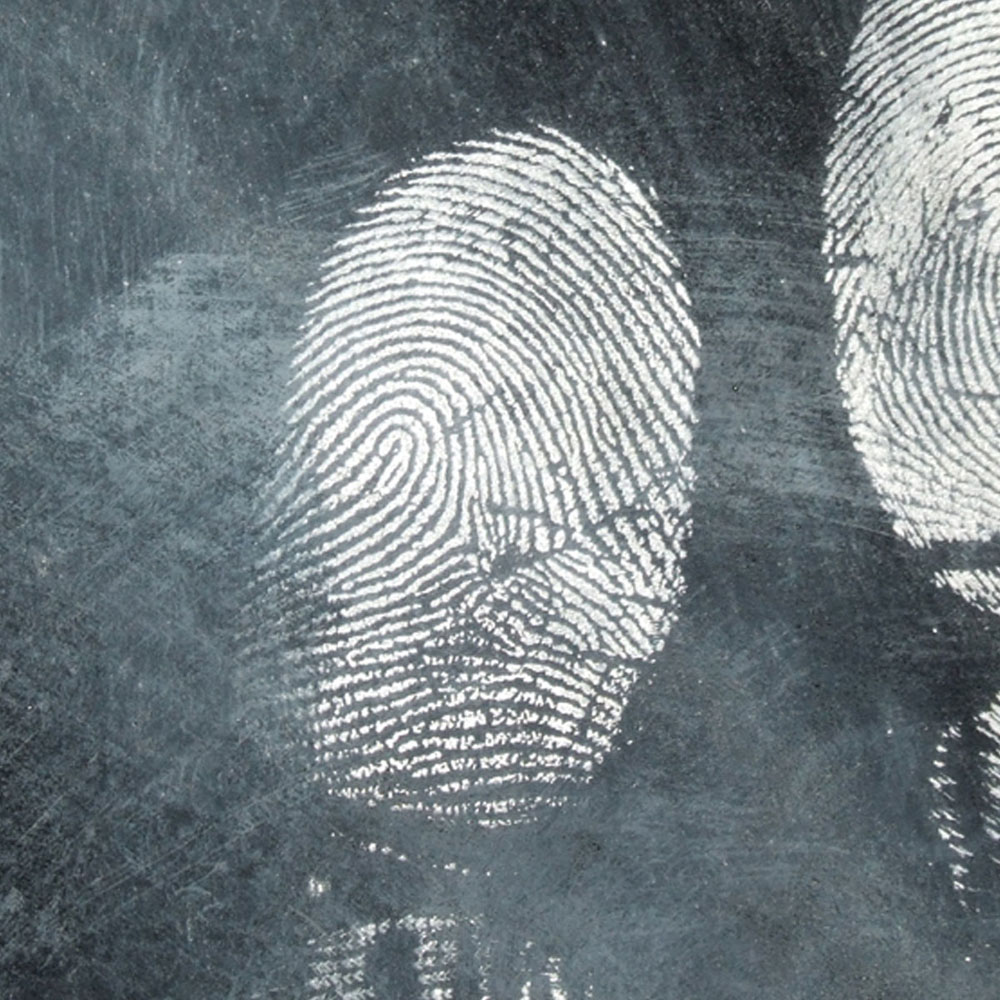Story Workshop is gaining popularity in many classrooms. I am even hearing about teachers continuing to use Story Workshop in intermediate grades. It got me thinking about how science could be woven into the writing process when play-based learning is not as prominent as in early grades.
In grade 5 Chemistry, students explore the Big Idea: Solutions are homogeneous. There a lot of hands-on inquiry possibilities. I am imagining a lab with a lot of white powders (salt, sugar, baking soda, flour, chalk dust, laundry detergent, cold pack crystals). Students can explore various mixtures and observe properties like dissolving, temperature changes, fizzing (baking soda and vinegar). Students can go much deeper with solubility in a more formal lab. Looking at various changes like amount of salt, amount of water, temperature of water, stirring or no stirring. Here is a link to a document on my Google Drive with lab ideas about solubility.
What if students came in a few days after the lab and found one unknown white powder on their desk? They would have to run some tests to identify it. Add water. Does it dissolve? Heat up? Fizz? Make a Claim stating what the powder is based on Evidence from various tests and Scientific Reasoning.

Better yet, what if they came in and found a crime scene? A small part of the classroom set up to look like someone ransacked it and stole something. And one of the main clues is a footprint in an unknown white powder. Now you have the elements for a Story Workshop. What is the story about the crime? What was stolen? Who stole it? Who is investigating? How do they catch the thief?
And they would have to write about the science to explain how the white powder clue helped solve the crime. How did investigators figure out what it was? Does it taste salty? Did they add water and notice a temperature change? Did they spill vinegar on it and see it fizz? How does that lead them to the thief? This might also lead them to research forensics and further their scientific understanding.
And they would have to write about the science to explain how the white powder clue helped solve the crime. How did investigators figure out what it was? Does it taste salty? Did they add water and notice a temperature change? Did they spill vinegar on it and see it fizz? How does that lead them to the thief? This might also lead them to research forensics and further their scientific understanding.
Embedding science materials into a Story Workshop scenario allows students to weave their science learning into their stories.
A note on materials:
It is important to have a variety of white powders that will react in different ways. Salt and sugar for dissolving, baking powder to fizz with vinegar, and some powders that don't do much at all like flour or chalk.
I suggest using So Clean! laundry detergent from London Drugs (also available from Amazon.ca). It will heat up when you add water.
And I also suggest the cold packs at London Drugs in the First Aid aisle. These are not the ones you put in the freezer, but the ones you activate by squeezing. Just cut them open and remove the small bag of water that is inside (squeezing breaks this bag and mixes the water with the crystals starting the reaction). Then you have crystals that will get cold when added to water.
Neither of these are toxic but I would have students wear gloves, safety glasses, and wash their hands after. That’s just good lab safety behaviour.
I suggest using So Clean! laundry detergent from London Drugs (also available from Amazon.ca). It will heat up when you add water.
And I also suggest the cold packs at London Drugs in the First Aid aisle. These are not the ones you put in the freezer, but the ones you activate by squeezing. Just cut them open and remove the small bag of water that is inside (squeezing breaks this bag and mixes the water with the crystals starting the reaction). Then you have crystals that will get cold when added to water.
Neither of these are toxic but I would have students wear gloves, safety glasses, and wash their hands after. That’s just good lab safety behaviour.